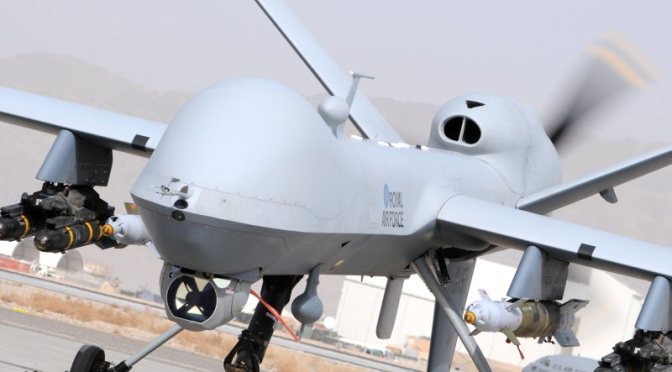In conflict situations it is important, even essential, to know who it is you are fighting against. First to consider is the issue of the identity of the individual targeted by the drone strike, their status as civilian or combatant, and how that distinction is understood. Then there is the identity of the individual conducting the strike, whether they are military, CIA, or Private Military Contractor (PMC) and what this means legally and ethically. Finally, there is the identity of the drone itself, the way it creates a relationship between the individual conducting the strike and the target. The issue of identity is important because how we construct our understanding of the enemy, of the other, impacts on how we understand their death and the foreign policy decisions which follow.
Continue reading Who Goes There? Issues of identity in ‘Drone Wars’

